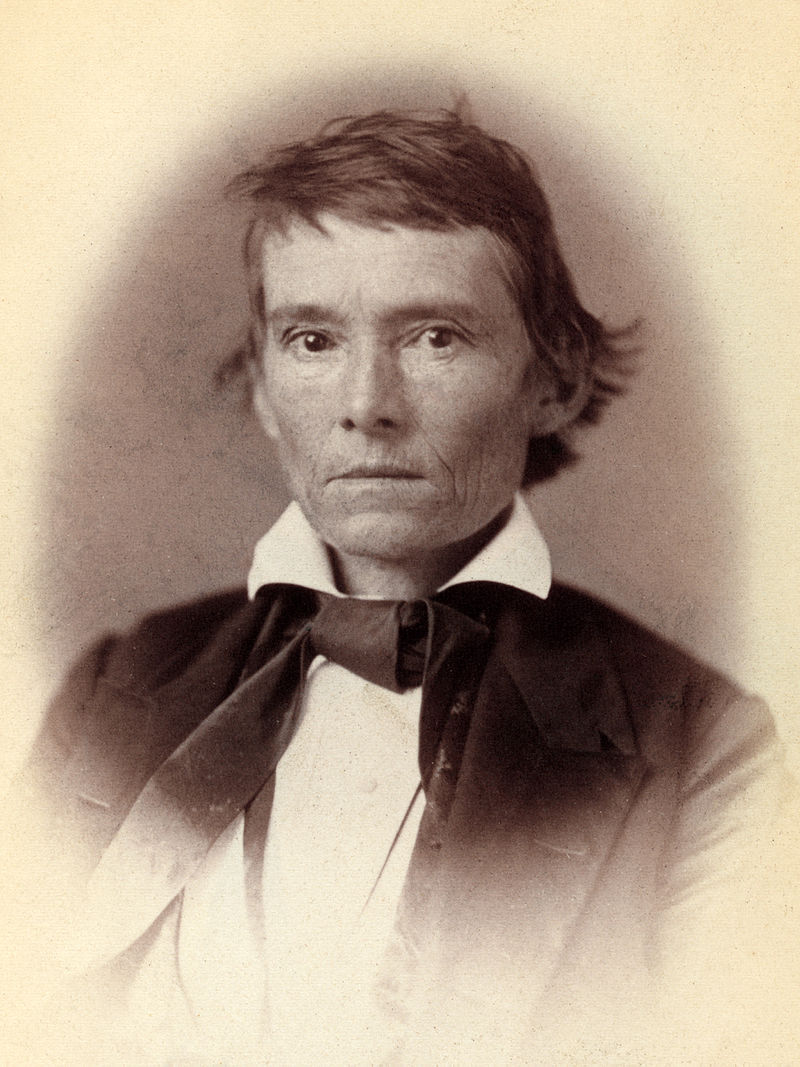Questions of Secession (part two)

part two of five
I’ve been chatting about secession lately with historian Nathan Hall of Richmond National Battlefield Park. Nathan has been studying the topic deeply for many years and recently spoke on it at the Richmond Civil War Roundtable. I think you’ll enjoy his thoughts, too.
Doug: Some Confederates saw events in 18661 as a second revolution, yet others saw it as secession. Can you discuss?
Nathan: That’s true. Among the participants in the disunion movement of 1860-61, there are two distinct ways that people chose to justify in their participation. If one favored disunion 1860, they could identify themselves as participating in a revolution (a universal human right) or they could assert that they were participating in a process of secession, legally sanctioned by the U.S. Constitution. The practical difference between the two stances is that revolution was understood to be the first stage in a war for independence, while secession contained at least the possibility of avoiding war by appealing to legal and political reasoning.
The two men chosen to the highest leadership positions in the new Confederacy—Jefferson Davis and Alexander Stephens—expressed their participation using these two different arguments. Stephens used the language of revolution, while Davis took the tack of secession. “We are passing through one of the great revolutions in the annals of the world,” Stephens said, in his famous “Cornerstone Speech,” going on to specify that the status of slavery in America “was the immediate cause of the late rupture and present revolution.” (author’s emphasis) Davis, on the other hand, chose to speak in terms of secession. In his 1861 inaugural address, he declared, “the sovereign States here represented proceeded to form this Confederacy, and it is by an abuse of language that their act has been denominated a revolution.”
“Revolution,” then, was a call to war, while “secession” included an assertion that your potential enemy could not legally oppose you. While this would have no practical effect on the eventual battlefields, it could perhaps persuade foreign observers. Using the language of “secession” and not just “revolution” was a crucial element in Confederate strategy. The revolution’s outcome would be determined with victory or defeat on the battlefield, but secession’s outcome could potentially hinge on victory in a courtroom or in the arena of politics and diplomacy. Secession as a concept, then, introduced a second front to the war (and a second avenue for potential victory). Just in case one did not gain traction, the other might. Two possible avenues for ideological legitimacy offered two possible avenues for success.
To be continued….
There is probably no better example than BREXIT to demonstrate how an aggrieved party can detach itself from an unwanted political entanglement… peacefully. Call it secession; call it disunion. But once the gunfire erupts, it is rebellion.
Except that a mechanism to leave was built into the European Union agreement. The EU is not the US by any stretch.
Thanks for your insight. You are correct: Article 59 of the European Union Constitution did indeed take into account the “bad experience” of the American Civil War in formulation of that Withdrawal Framework: https://www.ul.ie/research/providing-constitutional-framework-withdrawal-eu-article-59-draft-european-constitution
“More perfect Union” rhetoric spreads the unfounded belief that South Carolina’s peaceful reclamation of its own natural first Sovereignty was both illegal treason AND a declaration of war against the United States.
What was the primary motive for “South Carolina’s peaceful reclamation of its own natural first Sovereignty?”
There was no “natural first Sovereignty” except with Texas. None of the original 13 states had ever been sovereign. Each had been a dependent colony of Great Britain and gained genuine sovereignty only in concert with the others with the formation, and successful establishment, of the United States.
I realize that South Carolina declared it’s own independence prior to the July 4 Declaration but, like the Declaration itself, that was just an assertion until independence and Union actually were achieved. Several states also asserted sovereignty when they ratified the Constitution but they already were in the Union and had been for 13 years by that point so they had no individual sovereignty.
The word has been bandied about fairly promiscuously throughout our history. I remember hearing state delegations at presidential conventions loudly proclaiming, “Mr. Speaker, the sovereign state of ______, casts its votes for _______ . A nice show but not an indication of true sovereignty.
Only Texas (and, later, Hawaii) had ever actually exercised sovereignty as independent nations no matter how much others may have claimed to have done so.
That makes a heap of sense. Thank you for this series, as controversial as it can get in the comments.
This is excellent content. Stuff like this makes people want to come back to ECW again and again.